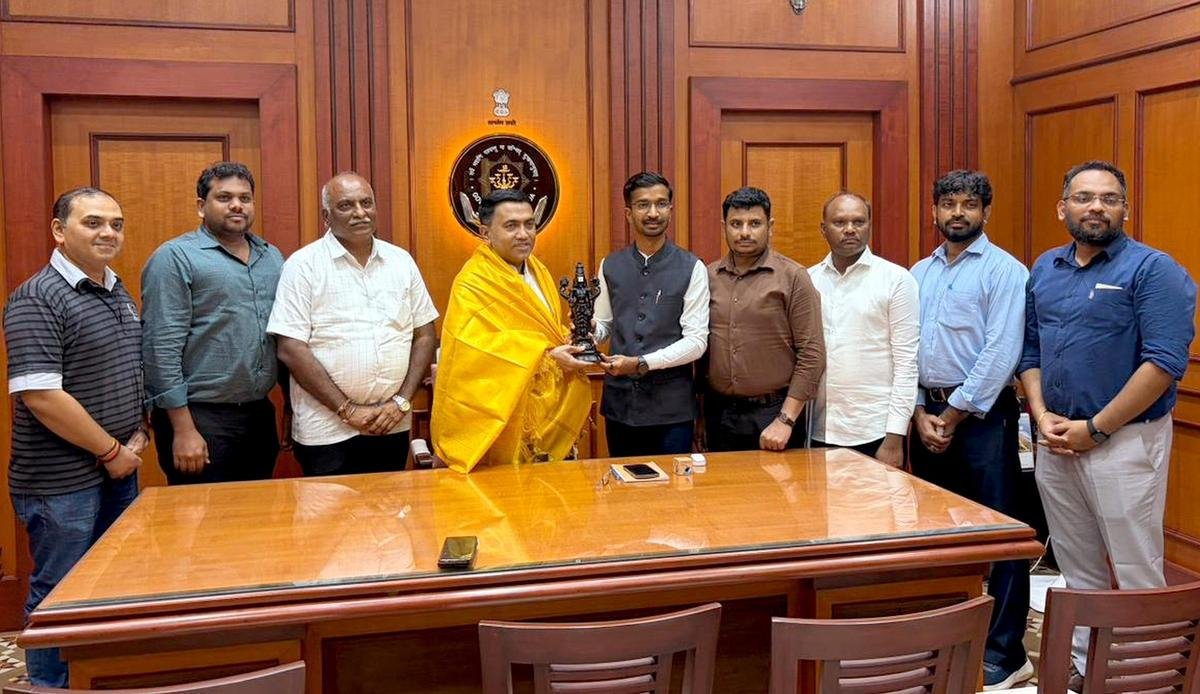Understanding legal, financial, and tax aspects is crucial for NRIs investing in Indian real estate
Forty-one-year-old Rahul Vyas, a London-based professional, is planning to invest in property in India for his retirement. Like him, many Non-Resident Indians (NRIs) look to invest in Indian real estate due to favorable policies, accessible home loans, and strong emotional ties to their homeland, hindustantimes.com reported.
If you’re an NRI considering property investment in India, here are five key things you need to know, reported hindustantimes.com.
NRIs must comply with FEMA regulations and ensure clear property titles.
NRIs must adhere to the Foreign Exchange Management Act (FEMA) and Reserve Bank of India (RBI) guidelines.
“While NRIs can invest in residential and commercial properties, agricultural land and plantations are restricted,” the HT report quoted Deepak Mishra, Director, Residential Transaction Services at Colliers India, as saying
Under-construction properties should be registered with the Real Estate Regulatory Authority (RERA) and pre-approved by national banks for loans. A valid PAN card is mandatory for tax and financial transactions, and an NRI status certificate may be required.
Home loans available for NRIs with specific eligibility criteria
Indian banks offer home loans covering 80-85% of the property value, with repayment periods ranging from 10 to 20 years. NRIs must meet specific income and employment criteria to qualify.
Alternatively, NRIs can purchase properties without loans by remitting funds through authorized banking channels or using NRE/NRO/FCNR accounts. Cash payments, traveler’s cheques, and foreign currency are not permitted. “Loan repayments must be made in Indian Rupees through NRE or NRO accounts,” says Ram Naik, co-founder and director at The Guardians Real Estate Advisory.
Power of Attorney simplifies property transactions for NRIs
Granting a Power of Attorney (PoA) is highly advisable for NRIs who cannot be physically present for property dealings.
A legally registered and notarized PoA allows a trusted individual to manage purchases, sales, registrations, and rent agreements
“Opting for a Specific PoA instead of a General PoA minimizes risks by limiting the authority granted,” explains Anupam Rastogi, Co-Founder and Chief Business Officer at Square Yards.
Owning multiple properties may offer tax benefits
Currently, the annual value of a self-occupied property is treated as zero, exempting owners from tax on notional rental income. “A proposal in the Union Budget 2025 suggests allowing NRIs to declare two properties as self-occupied, making multiple property ownership more tax-efficient,” says Prashant Khandelwal, CEO of Agami Realty.
Understanding taxation is crucial for NRIs buying property
If an NRI purchases a property from an Indian resident, a 1% Tax Deducted at Source (TDS) applies if the transaction exceeds ₹50 lakh. However, NRIs can apply for a reduced TDS rate or an exemption. The buyer is responsible for deducting and depositing the TDS with the income tax department.
***********************************************************
Readers
These are extraordinary times. All of us have to rely on high-impact, trustworthy journalism. And this is especially true of the Indian Diaspora. Members of the Indian community overseas cannot be fed with inaccurate news.
Pravasi Samwad is a venture that has no shareholders. It is the result of an impassioned initiative of a handful of Indian journalists spread around the world. We have taken a small step forward with the pledge to provide news with accuracy, free from political and commercial influence. Our aim is to keep you, our readers, informed about developments at ‘home’ and across the world that affect you.
Please help us to keep our journalism independent and free.
In these difficult times, running a news website requires finances. While every contribution, big or small, will make a difference, we request our readers to put us in touch with advertisers worldwide. It will be a great help.
For more information: pravasisamwad00@gmail.com










